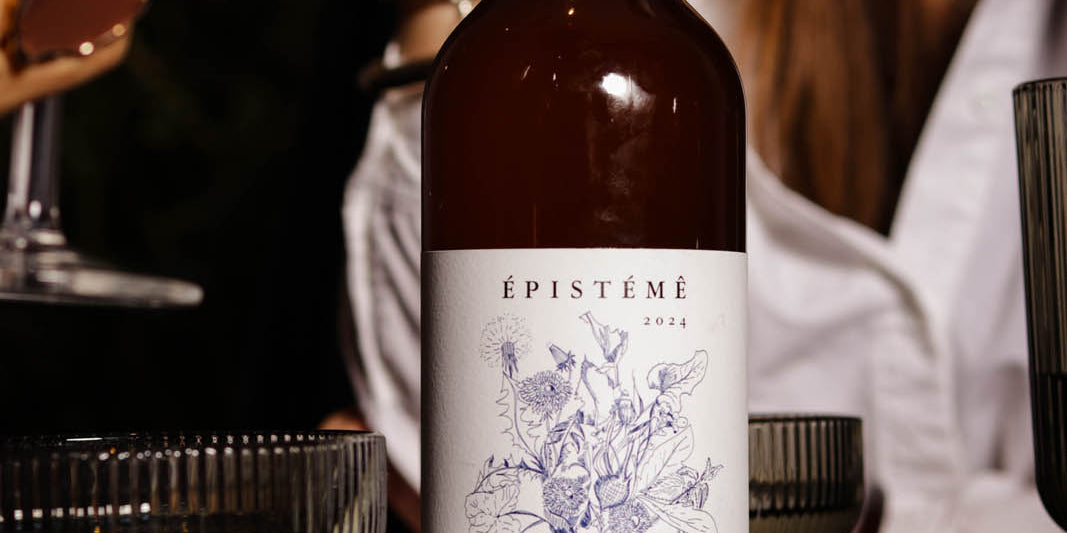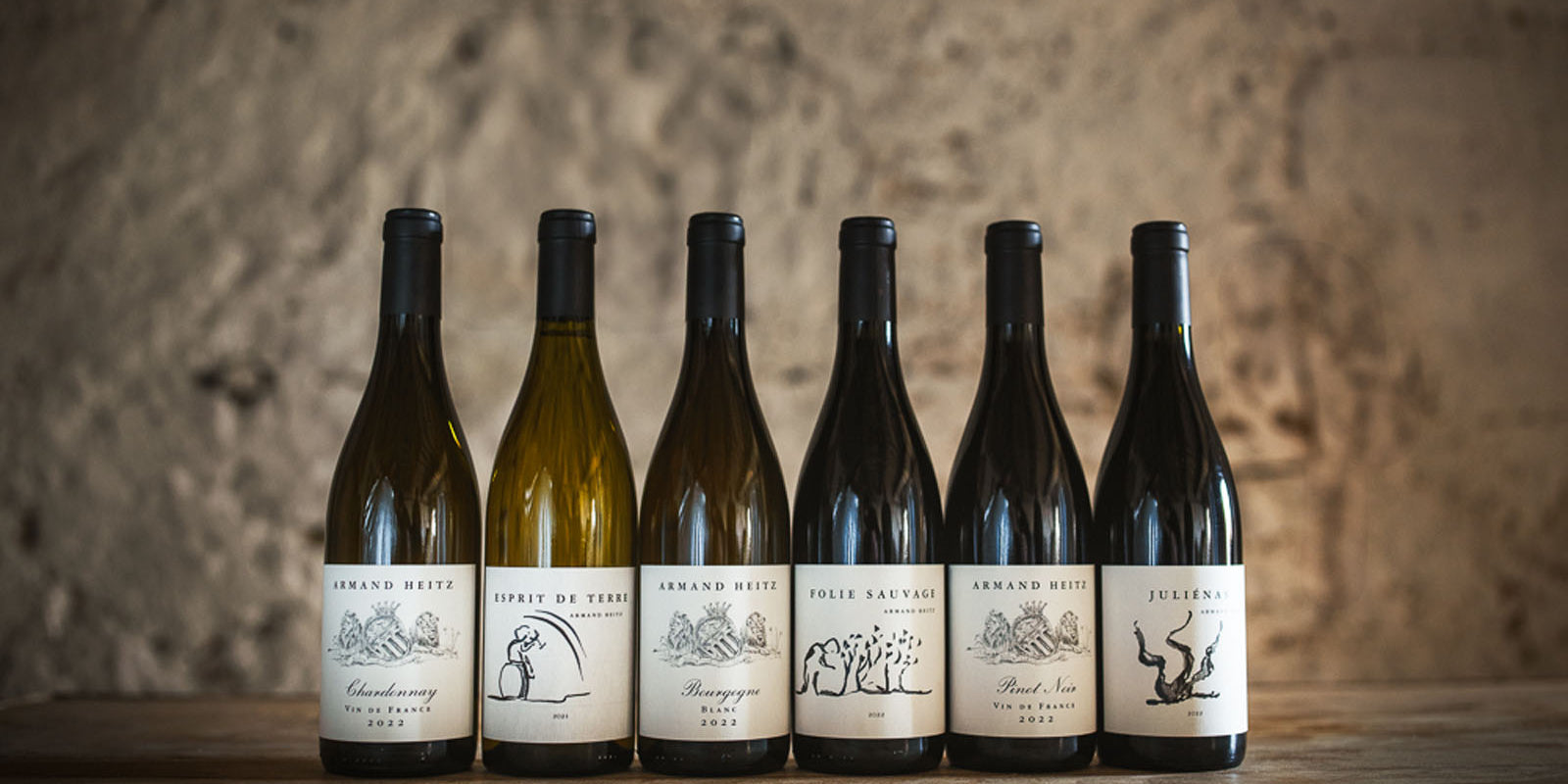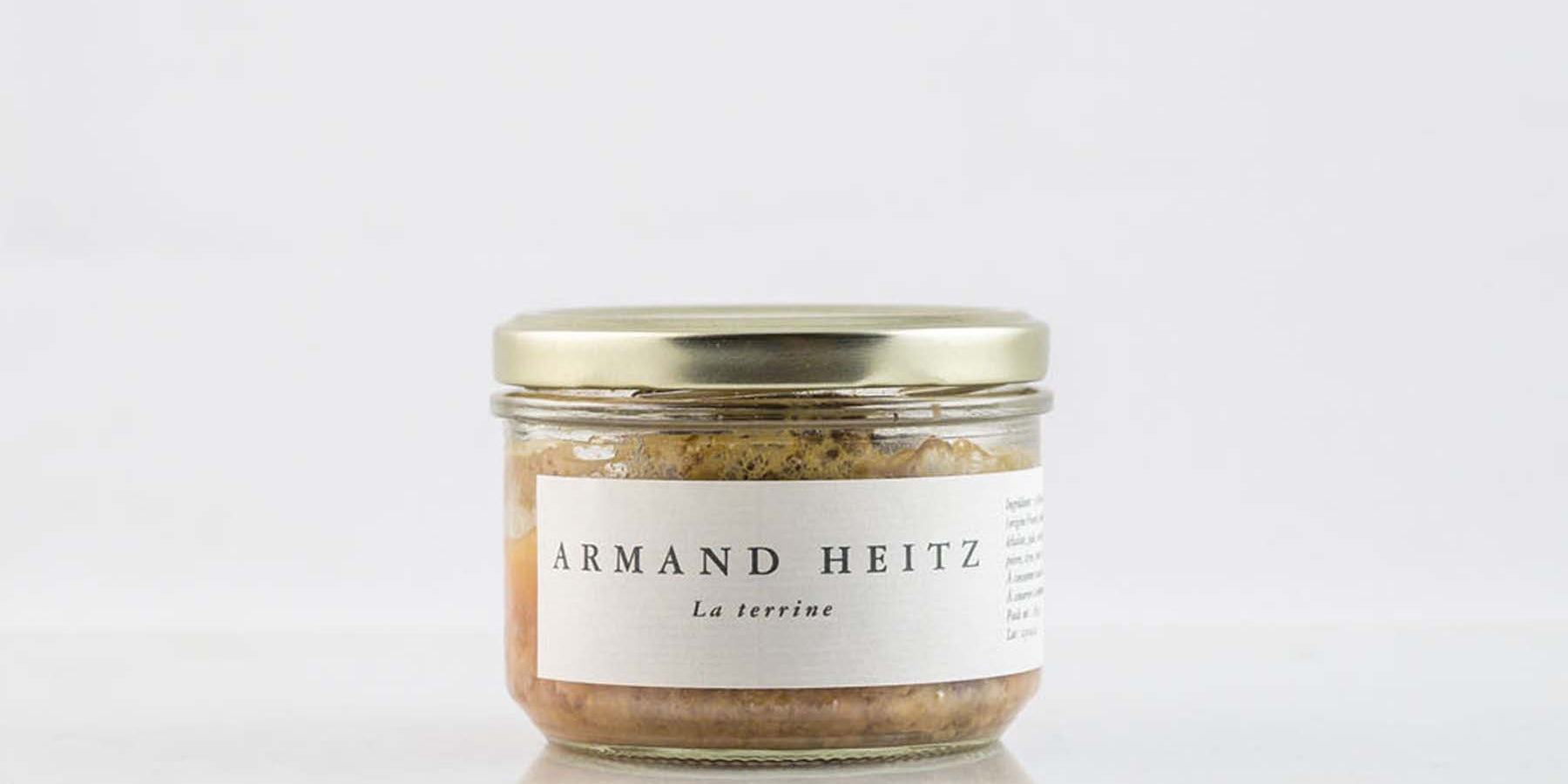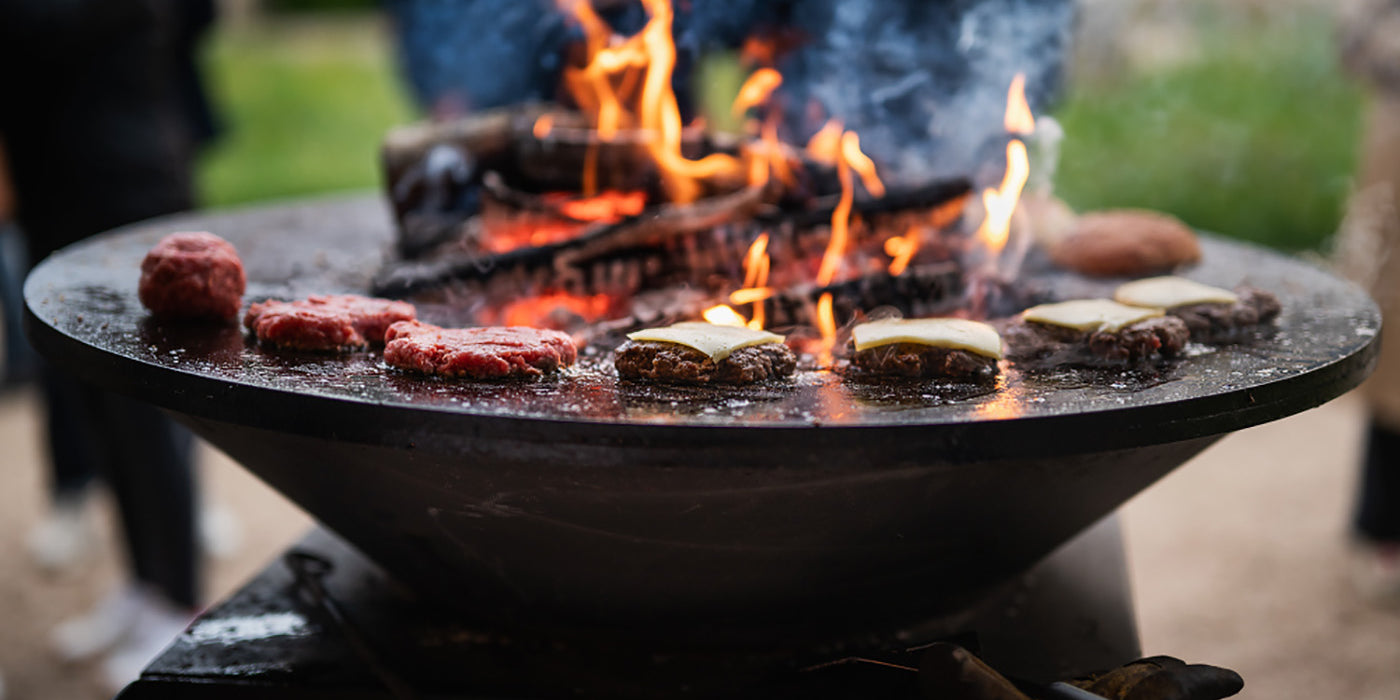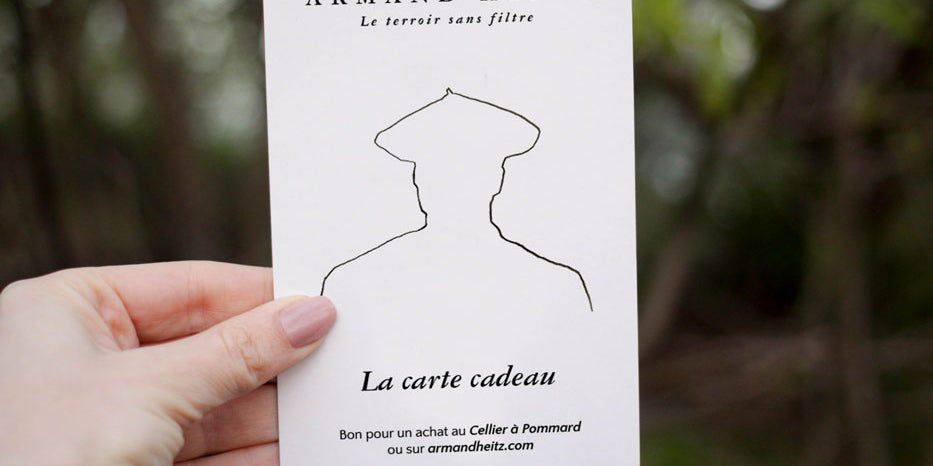The question is recurring: are you organic? It's legitimate, I work with nature, putting a lot of emphasis on this relationship. Labels monopolize attention and debate around agricultural production with respect for the environment. These are charters that have the merit of reassuring the consumer, but can we really say that they guarantee virtuous and sustainable production?
I moved to Chassagne-Montrachet in 2013, taking over the family estate that had not been operated for two generations. I had just finished my oenology studies in Changins, and I implemented the principles of biodynamics. After a few years, I had trouble feeling happy with these practices. Agronomically, economically, and philosophically. The administrative workload is insane, the production costs are very high. Very heavy constraints for results not up to my expectations. The happiness of the operator is not taken into account by any label... Doesn't it matter? Need we remind you of the suicide rate among farmers?

It is especially at the agronomic level that my observation turned out to be the most alarming. The floors were tired and not improving. The products authorized in organic viticulture are inputs that disrupt the ecosystem. For example, the organic product used to control flavescence dorée is destructive to other insects. The natural solution to fight against this pest is to identify diseased feet, pull them out and thus control its spread. Anticipation and prevention are essential. In 1 gram of soil there are 1 billion bacteria. As soon as man wanted to modify the natural order of things to turn it to his advantage, the troubles began with the appearance of diseases. The question is not to stop using chemicals in favor of copper and sulphur. The question is to completely stop the treatments. Stop plowing too. The labels do not call into question these practices which we must manage to do without in order to cultivate and produce sustainably. It is imperative for our profession. It is becoming urgent to review the management systems of our vines which are becoming obsolete with climate change.
In 2017, we became interested with my wife in permaculture and agroecology. We draw inspiration from the work of Konrad Schreiber, for example. The golden rule is to have soils always covered and never worked in order to be able to initiate a virtuous circle of organic matter thanks to the work of earthworms and the bacteriological life of the soil. Rather than looking at catalogs of chemicals and tractors, we look at catalogs of living things and crop techniques. Alfalfa, vetch, peas, lentils, tritical, wheat, barley, rapeseed, sainfoin, hemp, flax, sorghum, millet, clover, silphia... The results did not take 3 years: the covered plots are more resistant to drought and the soils are alive. I prefer to spend time selecting plants in harmony with my vines rather than filling out papers and forms to obtain certification.

We are committed to being independent. Our project is to cultivate a “hybrid” side: a surface wine estate with the foundations of a farm as roots. We have observed with Loaris, our permaculture garden, that it is possible to produce our own vegetables, without any inputs. I don't need a label to remind me of the basis of my profession. The objective is to no longer depend on the chemical-industrial sector which has disconnected farmers from nature.
Supermarket shelves are green, unlike our landscapes All the organic products found there are produced industrially and in monoculture. Industrialization and standardization go against biodiversity and the natural evolution of species. The labels most certainly respond to a trend where capitalist issues and the hypocrisy of a good environmental conscience take precedence over respect for the evolutions of nature. When organic becomes a selling point and a marketing niche segmentation, we fall into a whirlwind that is in no way virtuous for our health or the planet. Organic labels are a big step for manufacturers, but a very small step for the planet.

The carbon footprint is also absent from the various specifications. We can thus find an organic wine in a so-called “heavy” glass bottle to appear more qualitative and to be shipped by air. Nonsense! Just like an organic tomato in the middle of November. I am in favor of the mandatory display of the carbon footprint on each label. We could thus realize the sometimes dramatic results of the production of a bottle of wine or a carrot. I believe that the union minimum for a farmer is to achieve carbon neutrality.
In his manifesto book The One-Straw Revolution: An Introduction to Wild Agriculture, Masanobu Fukuoka writes, "Something born out of human pride and the quest for pleasure cannot be considered true culture. True culture is born in nature, it is simple, humble and pure. If it lacks true culture, humanity will perish. Let's observe nature rather than have blind faith in these complex and indigestible labels. Each terroir has its specificities that we must take into account. I am not certified organic. I work with nature.
Armand Heitz
.


